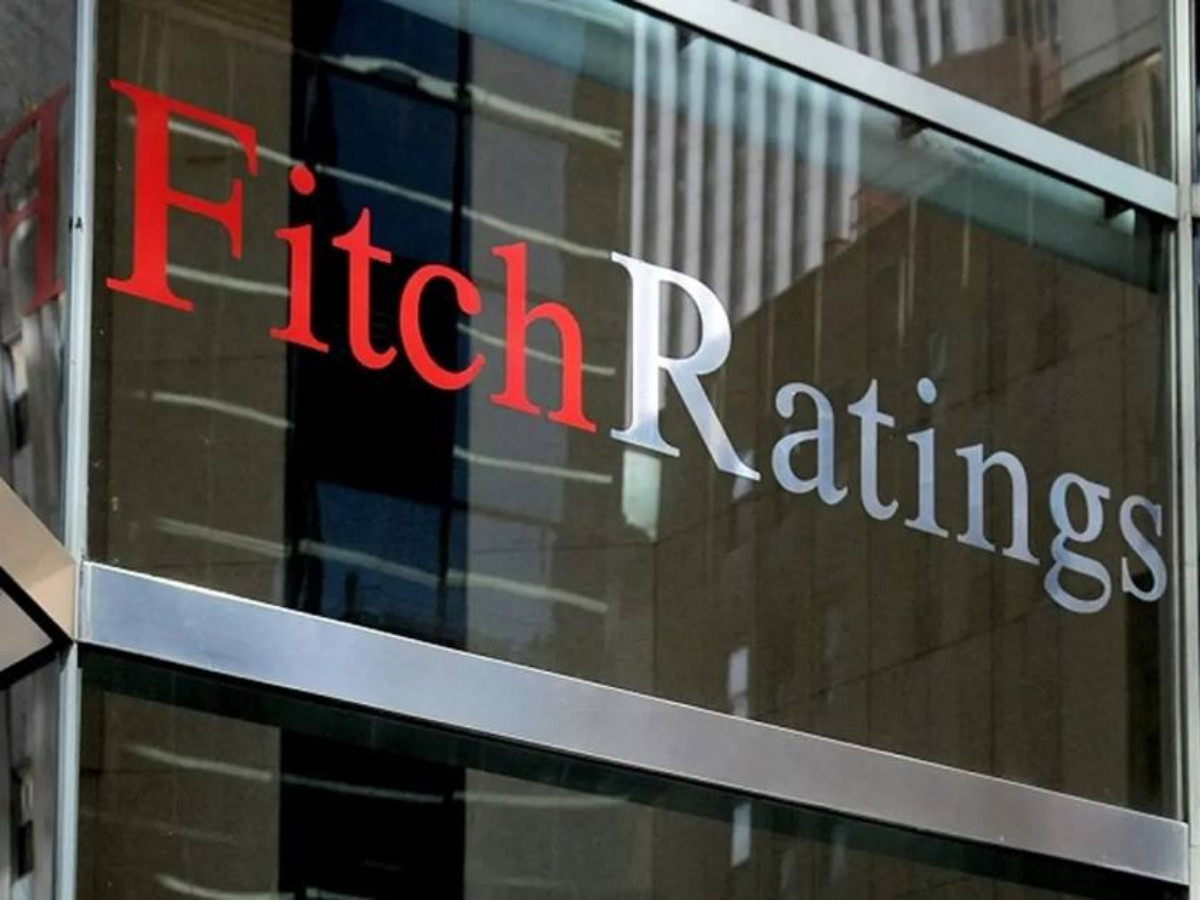Doha, Qatar–The increasing availability of government sukuk and Islamic liquidity management tools by the Qatar Central Bank supports liquidity management and investment options for Islamic banks, according to a report from Fitch Ratings.
In a report issued today, it indicated that its review of its future expectations for three Qatari Islamic banks to positive from stable in April reflected a greater possibility of obtaining support from the concerned authorities in the State of Qatar.
The global rating agency said that Islamic banking services accounted for 25 percent of the total assets of the banking sector in Qatar at the end of the first quarter of 2023 (the end of the first quarter of 2022 reached 27 percent), making it the fifth largest market for Islamic banking services in the world, expected Overall market share increase in the current year due to high public demand and strong retail networks.
Fitch expects the market share to increase overall in 2023 due to high public demand and solid retail networks.
However, Islamic banks’ total assets continued to shrink in 1Q23 (-3%) due to government repayments – a similar trend to in 2022 (-5%).
Fitch expects the slightly improved profitability metrics, due to lower financing impairment charges and reasonable liquidity, to continue, with less non-domestic funding than for conventional banks.
Capital buffers should remain adequate for the risks. Fitch also expects risks to asset quality to remain contained, although higher rates will start to put pressure on affordability.
The Qatar central bank’s launch of Treasury sukuk in 2022 is a structural improvement as it adds to domestic Islamic banks’ short-term liquidity tools.








